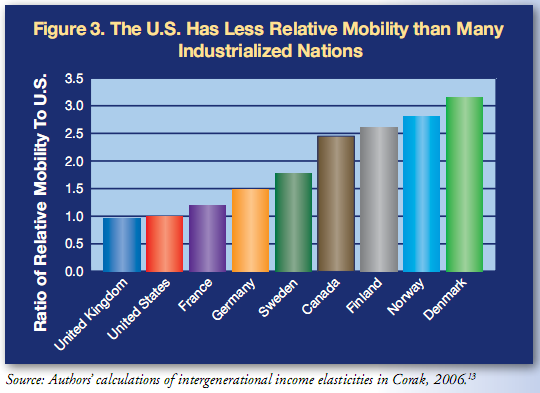I doubt they'd be individually effective in 'whooping some ass'. So in the words of Neil McCauley, 'don't try and be a hero'.RIFA wrote:lmao @ people filming instead of....... whooping some ass.
The Occupy Wall Street movement [a.k.a "American Fall"]
A two-tour Iraq veteran is in critical condition after yesterday's attack on peaceful protesters. He was shot in the head with a rubber bullet, but other sources has reported he was hit in the head by a tear gas canister. Either way, he has a skull fracture and swelling in the brain and is in critical condition.

Fuck the police.
-mchekhov 2: Chek Harder
-mchekhov 2: Chek Harder
-Vader
Fucking first amendment doesn't fucking exist in the minds of lots of fucking cops.
If she plays cranium she gives good brainium.
The marines are fighting over there. And what do they come home to? A police state.
http://www.businessinsider.com/marine-t ... er-2011-10
http://www.businessinsider.com/marine-t ... er-2011-10
Hope nothing happens to him... otherwise people might rage...tykjen wrote:The marines are fighting over there. And what do they come home to? A police state.
http://www.businessinsider.com/marine-t ... er-2011-10
Cops have always been fucking stupid, even beyond religious beliefs.
Interesting Analysis
Americans are more likely to believe that people are rewarded for their intelligence, effort, and skill than citizens of other developed countries[1]. They are less likely to believe that coming from wealth or status is important to getting ahead [1], and they are more likely to believe that their children will have a higher standard of living than they themselves enjoy [2]. What’s more, these international differences in attitude generally exist by a significant margin, as can be seen in the data above. Within our own society, we strongly assert optimism towards our own upward mobility, believing that both ourselves and our children will continue to move upwards in economic standing [3]. And by an incredible 71 to 21 percent margin, Americans “believe that personal attributes, like hard work and drive, are more important to economic mobility than external conditions, like the economy and economic circumstances growing up [3].” The American dream is alive and well, and it consistently serves as the unique lens through which our nation views its economic prospects.
While this belief in individual merit is undoubtedly noble, is it reflected in our economic reality? Unlike the opinion polls, the sociological data is unfortunately far less uplifting. If our societal structure is one in which individuals are rewarded for their efforts or punished for their lack thereof, one would expect to see fluid movement both up and down in economic standing in proportion to variations in individual merit. The current data, however, does not show this; in particular, individuals at either end of the socioeconomic spectrum demonstrate little potential for mobility in the future.
[...]
What perhaps makes these figures even more striking is their standing in comparison to the rest of the developed world. One might expect that, given the unique importance our culture places on the idea of rewarding effort rather than class, we would be better than other nations at doing so. In fact, America ranks nearly last in terms of relative social mobility, just barely beating out the UK [1], and mobility has been steadily declining here since the 70′s [6].
[...]
So why is social mobility now so much higher in these other countries, and what can be done to improve it here? It’s worthwhile to note that social mobility is not a direct function of income distribution or inequality, though that connection is interesting to explore in its own right. Rather, it stems both from policies that eliminate barriers at the lower end of the socioeconomic spectrum and those which discourage inertia at the upper bounds. Access to quality education has been shown to be one of the primary drivers of upward mobility [8], as have access to health care [9] and various work supports [10]. Conversely, taxation and fiscal policy can have enormous influences on social mobility or lack thereof, particularly at the higher end of the income ladder [11]. It is discouraging, though not entirely surprising, then, that the US does such a poor job of this. Of the more than $740 billion in annual expenditures that can be at least partially tied to promoting social mobility (such as employer-related work subsidies, homeownership subsidies, education and training), $540 billion bypasses those with lower incomes entirely [10]; more than three-quarters of the largest subsidies go exclusively to households in the top quintile [10]. Conversely, only about a quarter of mobility spending reaches lower-income households, and that percentage is scheduled to decline even further in the coming years [10].


